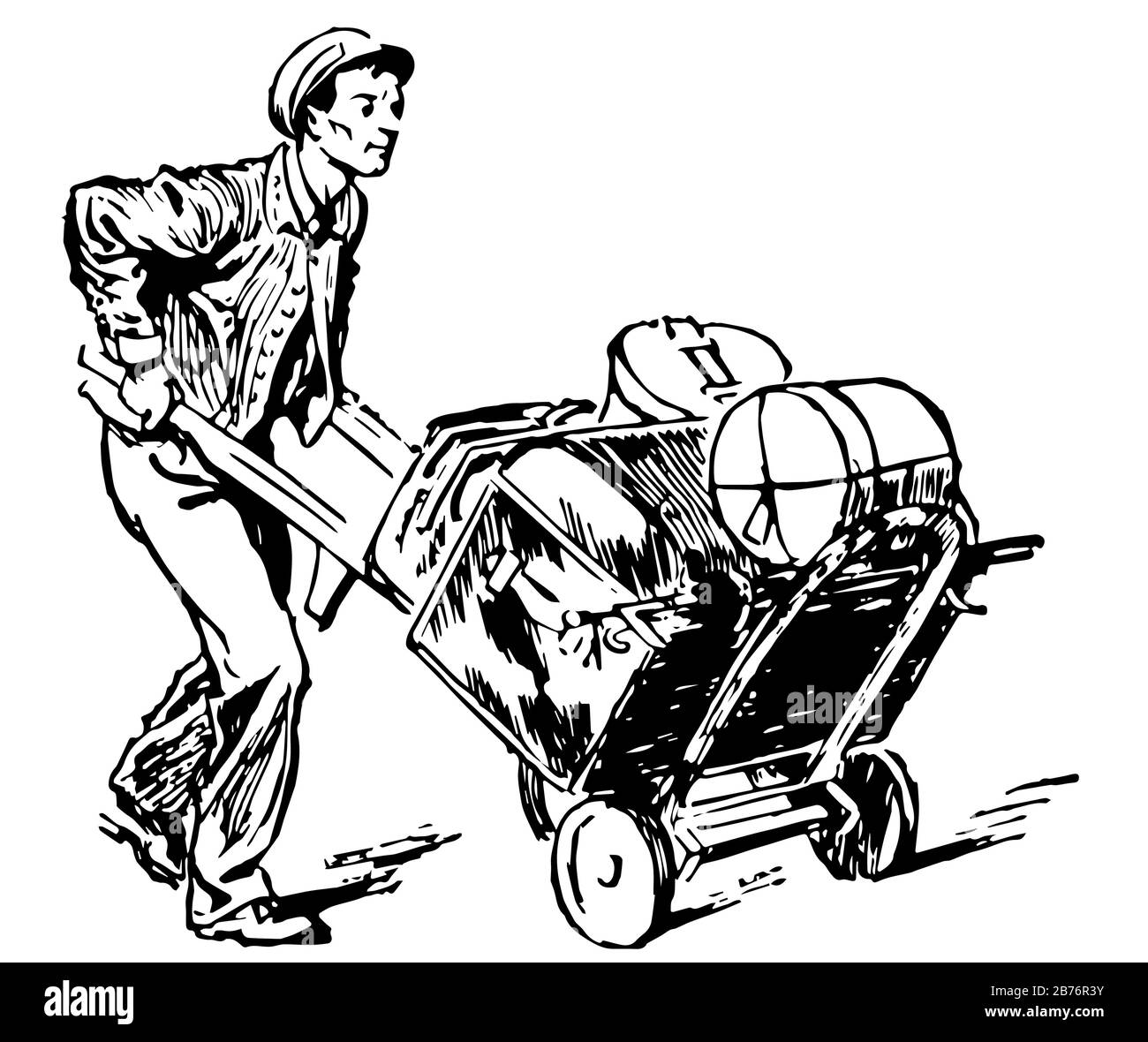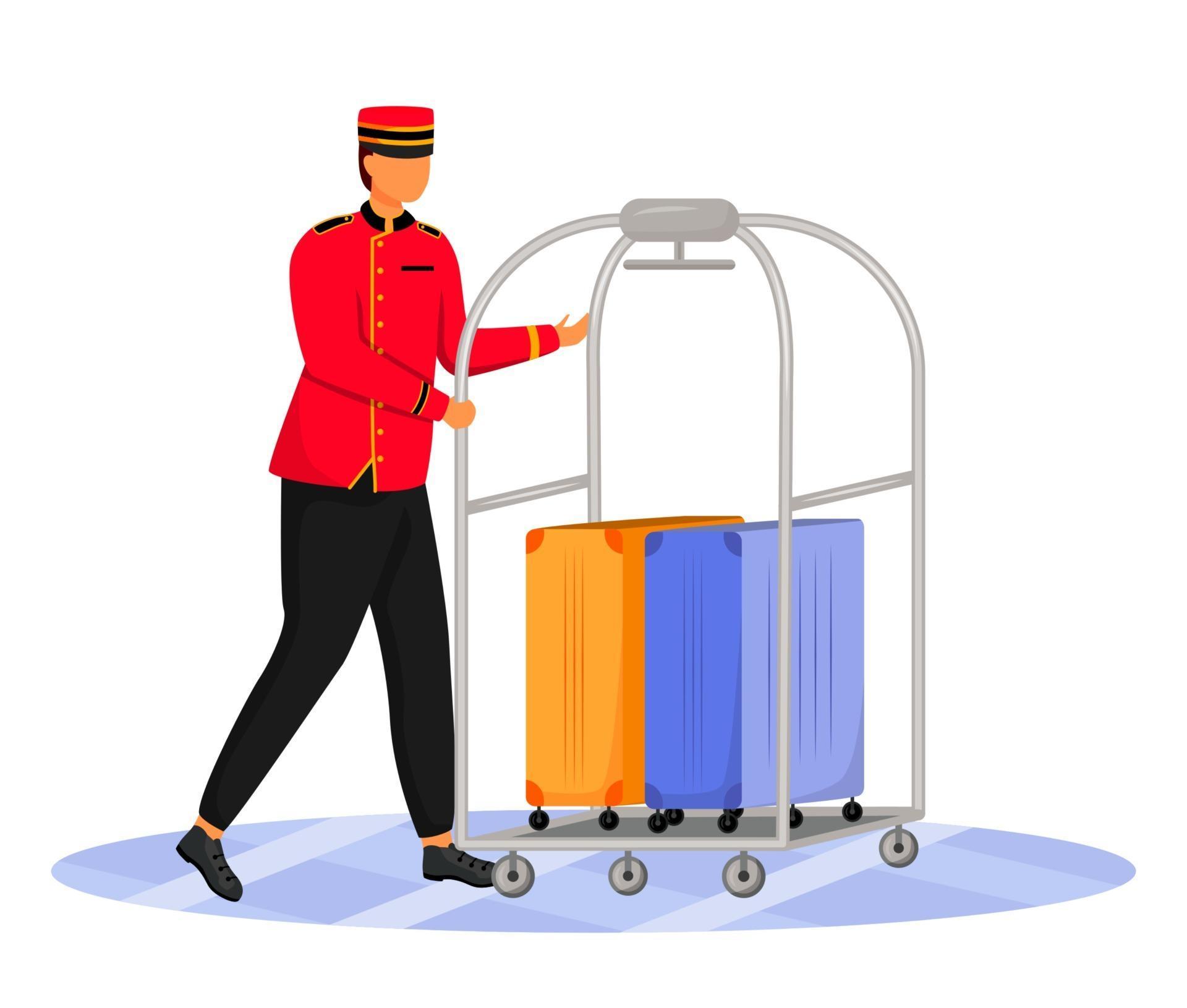Historical and Etymological Context: Porter Definition

The word “porter” has a rich history, evolving over centuries to encompass various roles and responsibilities. Its origins can be traced back to the Middle Ages, with the word itself derived from the Latin “portāre,” meaning “to carry.”
Early Roles and Responsibilities
The earliest porters were primarily responsible for carrying goods and luggage. In medieval times, porters were employed by inns, taverns, and merchants to transport goods and luggage for travelers. These porters often worked as “doorkeepers” or “gatekeepers,” controlling access to buildings and ensuring security. Their duties could also include assisting travelers with their baggage, guiding them to their rooms, and providing other services.
Modern Interpretations of “Porter”

The term “porter” has evolved significantly over time, reflecting the changing nature of work and society. While its historical roots are firmly planted in manual labor, the modern interpretations of “porter” encompass a wider range of roles and responsibilities across various industries.
Contemporary Uses of “Porter”
The term “porter” today signifies a diverse set of occupations, often associated with service and support roles. From the traditional image of a hotel porter assisting guests with luggage to the modern-day logistics professional managing complex supply chains, the term has broadened its scope.
- Hospitality Industry: In hotels and resorts, porters, also known as bellhops, are responsible for welcoming guests, assisting with luggage, providing directions, and offering concierge services. They are often the first point of contact for guests, creating a positive first impression.
- Transportation Industry: The term “porter” is also used in the transportation sector, particularly in airports and train stations. These porters assist passengers with luggage, navigate terminals, and ensure a smooth travel experience.
- Logistics and Supply Chain Management: In the modern business world, “porters” can refer to logistics professionals who manage the movement of goods and materials within and between organizations. They are responsible for planning, coordinating, and executing the transportation and storage of products, ensuring efficient and timely delivery.
- Other Industries: The term “porter” can also be found in other industries, such as healthcare, where porters may assist with patient transport, and in construction, where they may handle materials and equipment.
Comparing Porter Roles Across Industries
While the term “porter” is used across various industries, the specific responsibilities and skill sets required can vary significantly.
| Type of Porter | Primary Responsibilities | Industry |
|---|---|---|
| Hotel Porter (Bellhop) | Welcoming guests, assisting with luggage, providing directions, offering concierge services | Hospitality |
| Airport Porter | Assisting passengers with luggage, navigating terminals, providing information | Transportation |
| Logistics Porter | Planning, coordinating, and executing the transportation and storage of goods | Logistics and Supply Chain Management |
| Healthcare Porter | Assisting with patient transport, handling medical equipment | Healthcare |
| Construction Porter | Handling materials and equipment, maintaining cleanliness at construction sites | Construction |
Cultural and Social Significance of “Porter”

The role of a porter, while seemingly simple, has held a significant place in the social fabric of various cultures throughout history. From humble beginnings as a laborer to evolving into a symbol of service and hospitality, the porter has left an indelible mark on society.
Social Status and Cultural Perceptions, Porter definition
The social status and cultural perceptions associated with the role of a porter have varied widely across different societies and time periods. In many historical contexts, porters were often viewed as laborers belonging to the lower social strata, their work considered physically demanding and often associated with manual labor.
- In ancient Rome, for instance, porters known as “portarii” were responsible for carrying goods and luggage, often performing tasks that were considered beneath the dignity of citizens with higher social standing.
- In medieval Europe, porters were frequently employed in monasteries and castles, carrying supplies and performing tasks that required physical strength and endurance.
- However, the perception of porters began to shift during the Renaissance and Enlightenment periods, with a growing appreciation for the importance of service and hospitality.
The Porter’s Role in Specific Cultures and Regions
The porter’s role has taken on unique forms and significance in specific cultures and regions around the world. Here are some notable examples:
- In India, the “coolie” (a term derived from the word “kuli,” meaning “porter” in Hindi) played a vital role in transporting goods and luggage, particularly in port cities and railway stations. The coolie’s work was often arduous and demanding, but they were essential to the functioning of trade and transportation networks.
- In Japan, the “ninsoku” (literally, “human foot”) were traditionally employed as porters in inns and hotels, providing services such as carrying luggage and assisting guests. The ninsoku were known for their professionalism and attention to detail, contributing to the high standards of hospitality in Japanese culture.
- In the United States, the porter’s role has evolved significantly, with the term often associated with individuals working in hotels and other hospitality settings. Hotel porters are responsible for a variety of tasks, including assisting guests with luggage, providing directions, and maintaining the cleanliness of public areas.
Timeline of the Porter’s Role and Impact
The porter’s role has undergone a significant transformation over time, reflecting broader social and technological changes. Here is a timeline highlighting key developments:
| Period | Key Developments | Impact on Society |
|---|---|---|
| Ancient Times | Porters played a crucial role in trade and transportation, carrying goods and luggage. | Enabled the movement of goods and people, facilitating commerce and cultural exchange. |
| Medieval Period | Porters were employed in monasteries, castles, and other institutions, providing essential services. | Supported the functioning of institutions and contributed to the development of infrastructure. |
| Renaissance and Enlightenment | The perception of porters began to shift, with a growing appreciation for service and hospitality. | Promoted the development of hospitality industries and contributed to the rise of tourism. |
| Industrial Revolution | The introduction of railroads and other forms of transportation led to an increased demand for porters. | Expanded the role of porters in transportation and logistics, facilitating the movement of goods and people on a larger scale. |
| 20th and 21st Centuries | The porter’s role has continued to evolve, with the emergence of new technologies and industries. | Porters continue to play an important role in various industries, including hospitality, transportation, and logistics. |
In business strategy, a Porter definition refers to a framework for analyzing competitive advantage. It examines the five forces that shape industry competition, including the threat of new entrants, the bargaining power of buyers and suppliers, the threat of substitutes, and the rivalry among existing competitors.
This framework can help companies understand their competitive landscape and identify opportunities for growth. However, achieving competitive advantage requires more than just analyzing the forces at play; it also requires a deep understanding of the value chain and a commitment to delivering exceptional customer value.
This journey to fulfillment, as explored in the article ” More Than Enough ,” emphasizes the importance of going beyond mere competition and striving for a state of abundance, which can be applied to both personal and professional endeavors. Ultimately, understanding the Porter definition is a starting point for achieving success, but it is the pursuit of something “more than enough” that truly drives long-term growth and fulfillment.
A Porter definition, in its simplest form, outlines the core activities of a business, often categorized as primary and support activities. This framework, while useful, can sometimes feel rigid. For a more dynamic understanding of how news shapes our world, consider exploring nyt mini , a concise digest of current events that provides a refreshing perspective on the news cycle.
Understanding the complexities of information flow, like that offered by nyt mini, can help us better appreciate the role of various actors, including businesses, in shaping public discourse, and ultimately, how they might be analyzed through a Porter framework.
